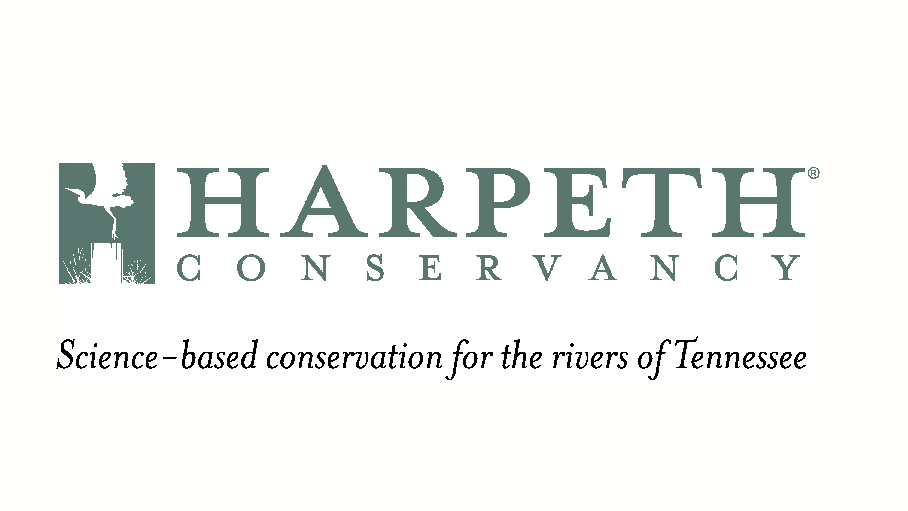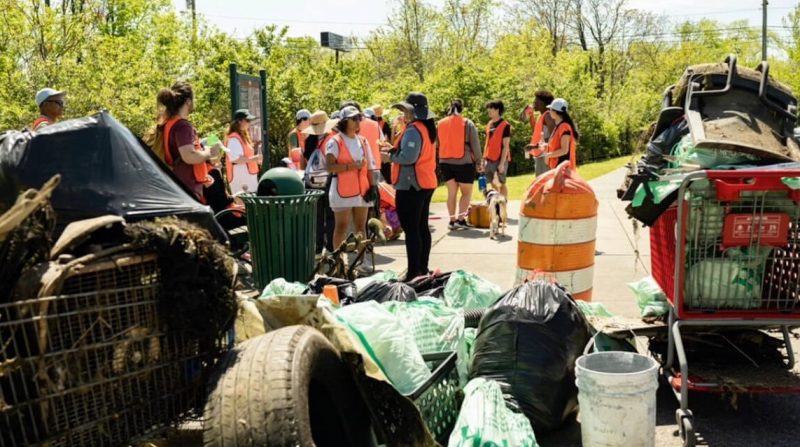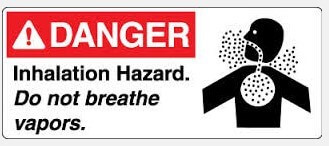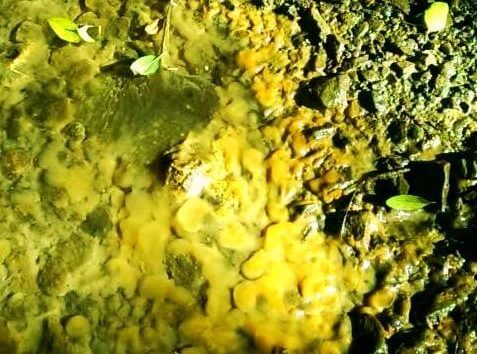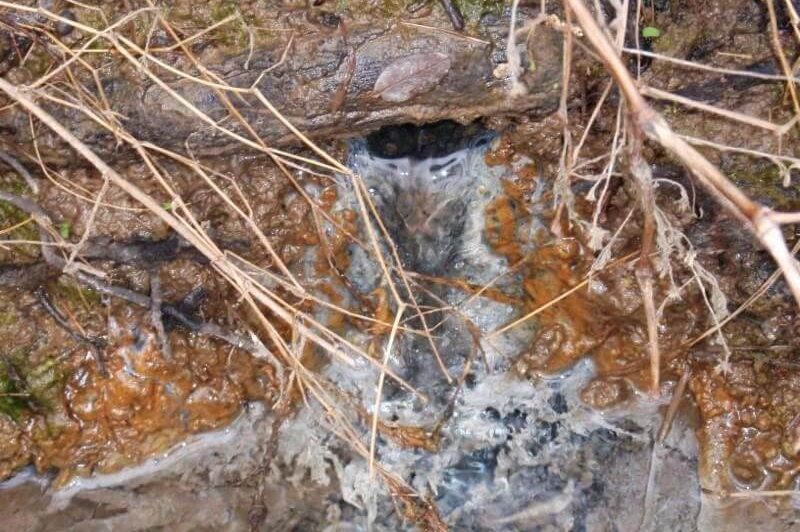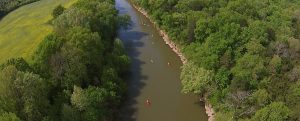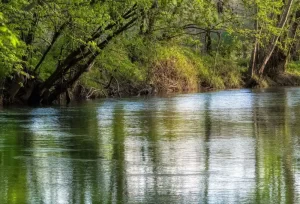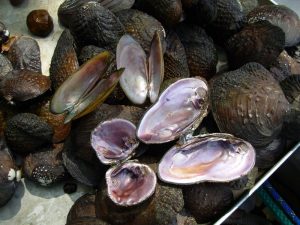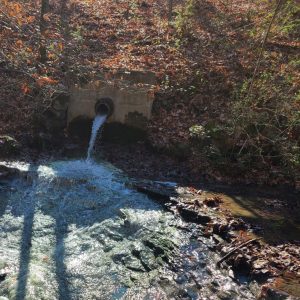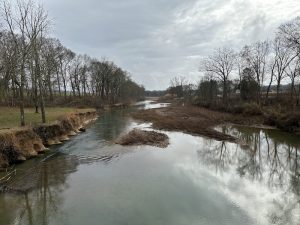
Harpeth Conservancy joins community to Protect the Piney River
Harpeth Conservancy, along with legal and engineering experts working for Friends of the Piney, reviewed PSC’s materials submitted to the Commission the week prior. Our overarching assessment—based on decades of working with local, state, and federal agencies’ permitting requirements to protect public health and waterways—was that PSC provided insufficient details to county decisionmakers about how the development will address severe flooding and flood safety, sewage treatment, and drinking water.

